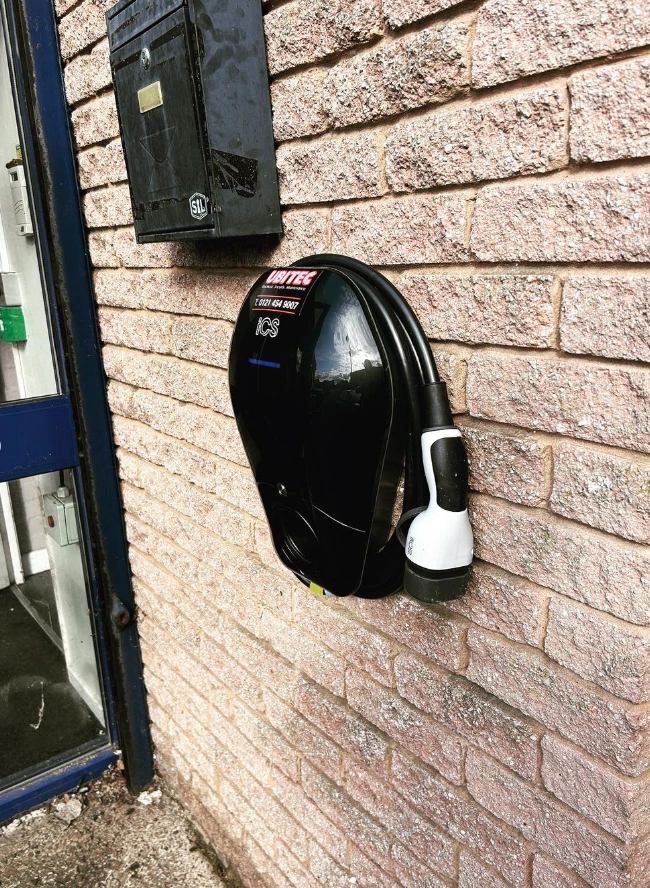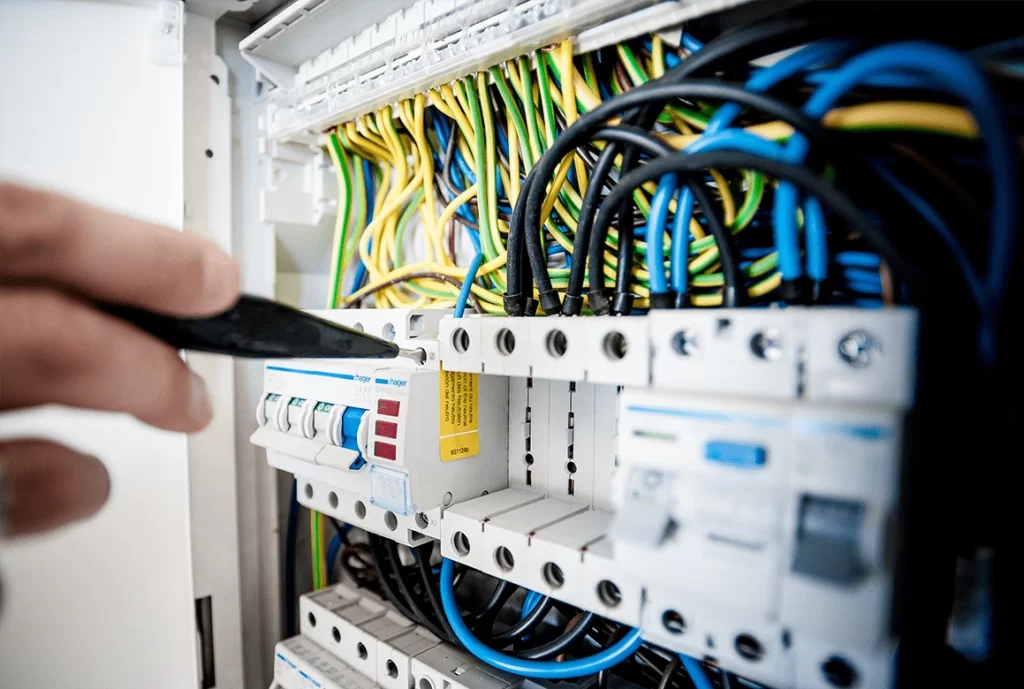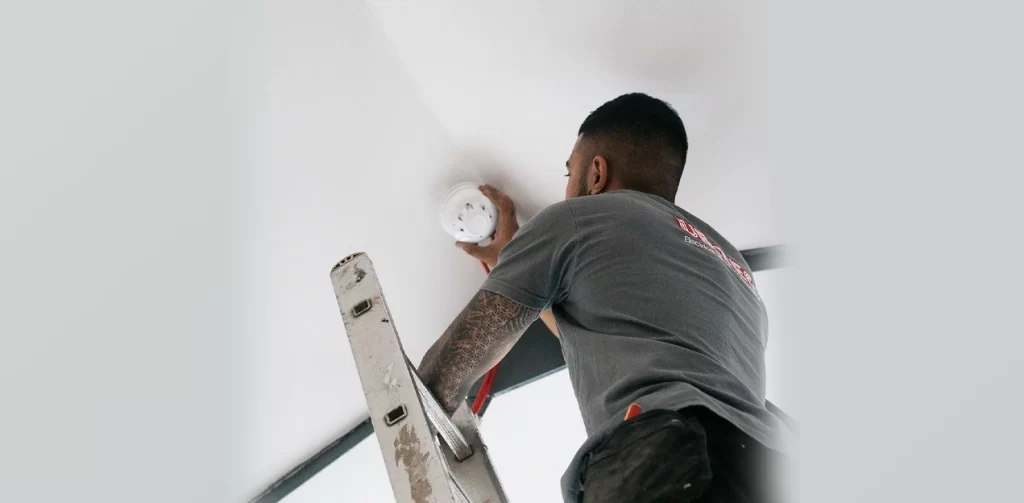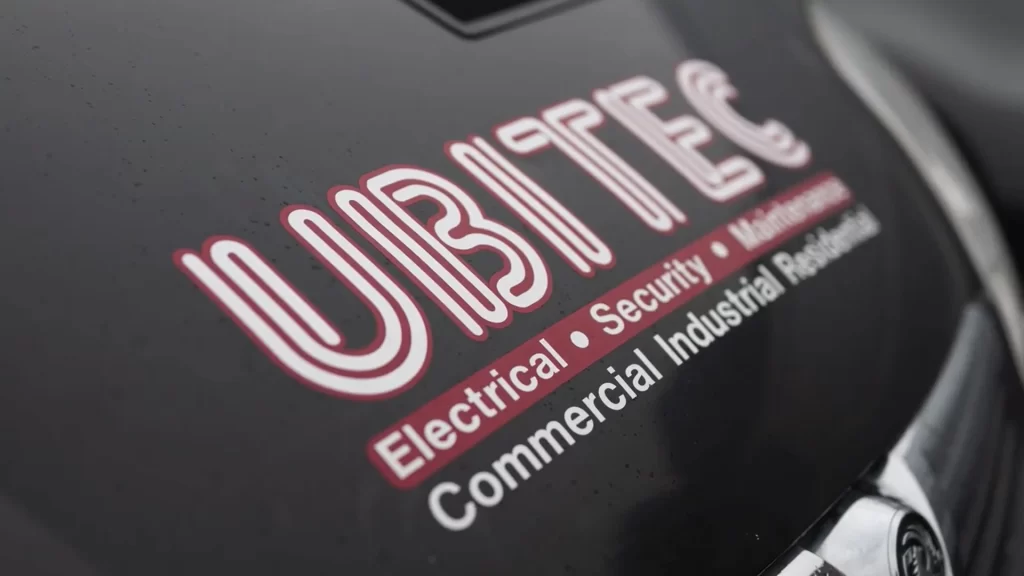Electricians can specialise in several areas, each requiring different expertise, tools, and safety considerations. Choosing the right type of electrician for a project is essential to ensure the job is done correctly and legally. Below are five common specialisations:

Residential Electricians
These electricians focus on homes, flats, and domestic settings. Their work includes wiring new builds, adding sockets, upgrading fuse boxes, installing lighting, and maintaining household circuits. They must understand domestic wiring regulations and often liaise directly with homeowners. They may be referred to as residential electricians or domestic electricians in Birmingham.
Commercial Electricians
Commercial electricians work in settings such as office buildings, shopping centres, and schools. These environments typically require more complex systems including security networks, HVAC controls, emergency lighting, and backup power systems. Projects often involve interpreting large-scale electrical drawings and ensuring minimal disruption to business operations.


Industrial Electricians
Industrial electricians operate in factories, warehouses, and production plants. They handle high-voltage systems, large control panels, robotics, and heavy machinery. This type of work requires deeper technical knowledge, an understanding of automation, and stringent health and safety compliance.
Maintenance Electricians
Maintenance electricians ensure that existing systems function efficiently. They conduct inspections, replace worn-out components, and troubleshoot faults before they become serious. Maintenance work can be found across all sectors—residential, commercial, and industrial—and often involves shift work or on-call duties.


Installation Electricians
Specialising in new construction or large renovations, installation electricians are responsible for setting up entire electrical infrastructures. They lay cables, install circuit breakers, route wiring, and make buildings ready for inspection and use. Their work forms the foundation for all future electrical activities in a building. They may also install EV chargers, help with data cabling, and much more.
Some electricians may also gain additional qualifications to work on fire alarms, CCTV, data cabling, renewable energy systems, or electric vehicle charging points. Others may choose to specialise further into supervisory or consultancy roles, depending on their experience and interests.



